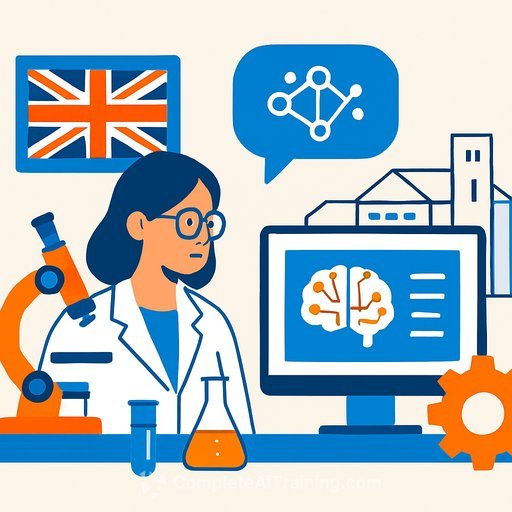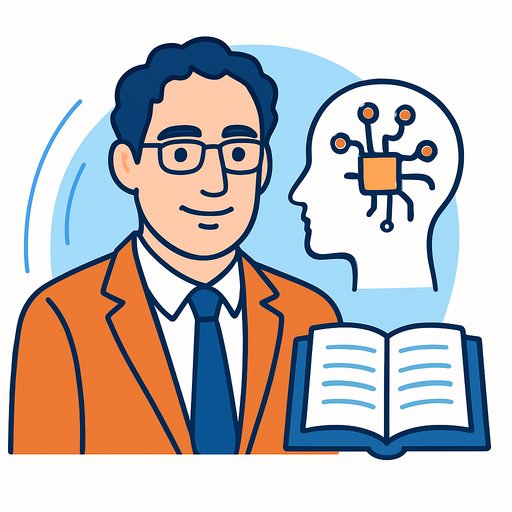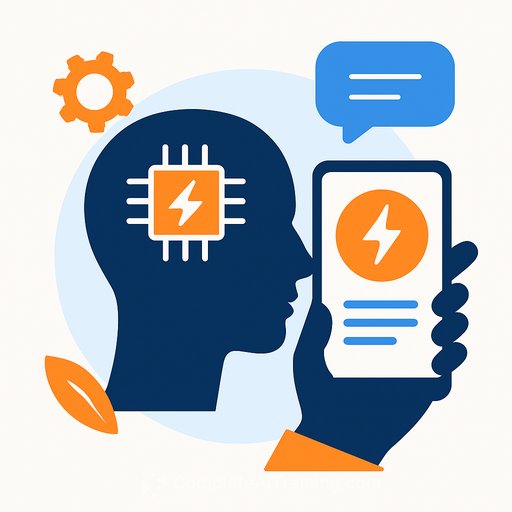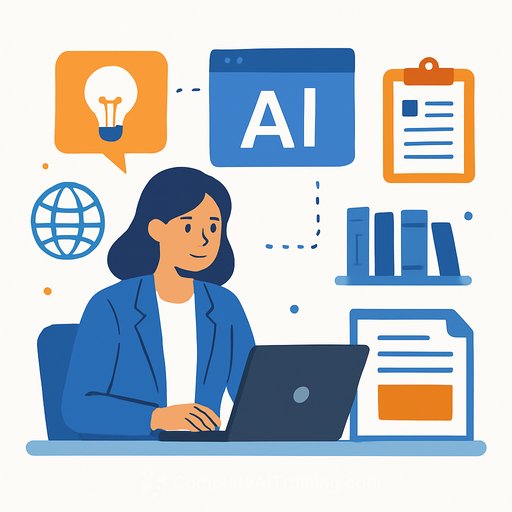People Reading AI Summaries on Google Search Instead of News Stories, Media Experts Warn
AI-generated summaries now appear at the top of many Google search results, but some news publishers are raising alarms. They say these summaries reduce the number of people actually clicking through to read full news stories. Experts also express concerns about the accuracy of these AI-generated snippets.
Accuracy Concerns and Decline in News Consumption
Since Google introduced its AI Overview feature, users have spotted errors—one infamous example suggested using glue to keep pizza toppings in place. Experts warn that such inaccuracies won't simply vanish as the technology develops.
Jessica Johnson, senior fellow at McGill University’s Centre for Media, Technology and Democracy, highlights the lack of public discussion around this sweeping change. She emphasizes concerns about the accuracy of AI summaries and their impact on how people consume information.
While no comprehensive academic study has quantified the problem, a BBC report earlier this year found “significant inaccuracies” in AI chatbot summaries from major providers. Google itself cautions users in small print that its AI responses “may include mistakes.”
Google asserts that the accuracy of its AI summaries matches that of existing search features like featured snippets and says it’s working on improving response quality.
Leon Mar from CBC notes that so far, the public broadcaster hasn’t seen a significant drop in search referral traffic linked to AI summaries. Still, he urges users to remain cautious about the varying reliability of these AI-generated summaries.
Why AI Summaries Can Be Flawed
Chirag Shah, a professor specializing in AI and online search at the University of Washington, explains the root cause. Generative AI predicts text based on vast datasets but doesn’t truly understand concepts or context.
This leads to errors because the AI can’t fact-check or interpret nuance. For example, it can’t tell if a statement is satire or sarcasm. Shah calls this a “fundamental problem” that more data or computation won’t fix.
Changing Search Behavior and the Future of News
As AI becomes integrated into search engines like Google, other AI systems like OpenAI’s ChatGPT are also being used as search tools. Shah points out that original search engines helped users explore the internet freely. Now, platforms aim to keep users inside their own systems.
He warns that if this trend continues, it may signal the end of the free web as we know it.
A Pew Research Center study found that users are less likely to click links when presented with AI summaries. Traditional search results led to clicks 15% of the time, while AI summaries only resulted in 8% clicks.
For news publishers, this is a serious concern. Paul Deegan, CEO of News Media Canada, stresses that fewer clicks mean less revenue. A group of independent publishers has already filed a complaint with the U.K.’s Competition and Markets Authority, citing harm caused by AI overviews.
Regulatory and Industry Challenges Ahead
Clifton van der Linden of McMaster University highlights that bypassing news links adds pressure on Canadian media, which is still adjusting to the effects of the 2023 Online News Act. This legislation requires platforms like Google and Meta to compensate news publishers, but Meta’s response was to block news content on its platforms.
Jessica Johnson sums up the dilemma for Canadian media: producing quality journalism feels futile if audiences don’t see the work or if publishers aren’t paid for it.
For professionals in PR, communications, and research, understanding these shifts is crucial. AI summaries on search engines change how information is accessed and shared, with real implications for content visibility and trust.
To stay ahead of AI’s impact on media and communications, consider exploring targeted AI courses and training that cover these emerging technologies and their effects on information dissemination. Resources like Complete AI Training’s latest AI courses offer practical knowledge to adapt effectively.
Your membership also unlocks:










